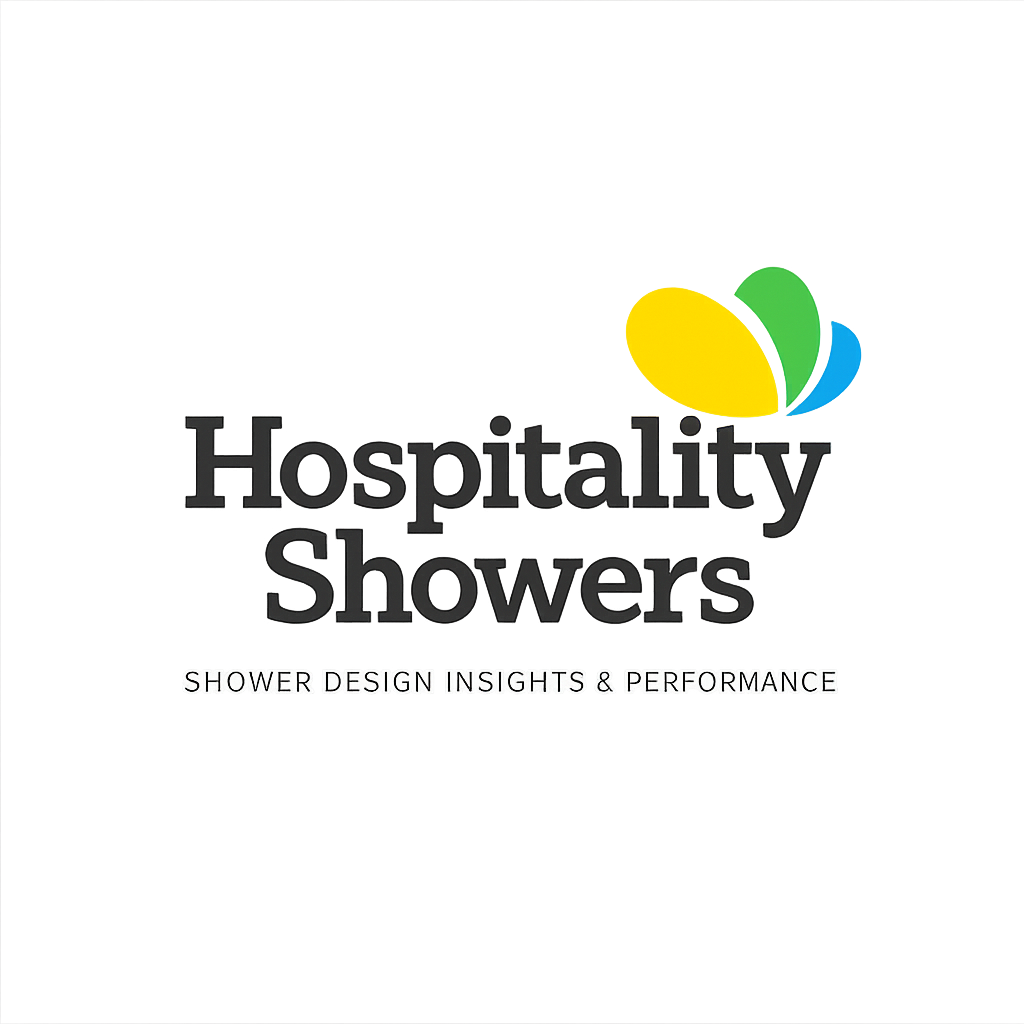The Rise of Smart Showers in Luxury Hospitality Design
How intelligent, connected shower systems merge guest comfort, brand storytelling, and data-driven efficiency in modern hotels.

Overview
Luxury bathrooms have become experience zones.
In 2025, leading hotels are adopting smart showers—intelligent, connected fixtures that elevate personalization while reducing water and energy use.



- Personalization: presets for temperature, flow, and scene settings.
- Efficiency: eco-modes, auto shut-off, and smarter mixing.
- Operations: alerts, diagnostics, and usage reporting for teams.
- Wellness: lighting, sound, steam, and comfort-first experiences.
1) The Surge in Adoption
Smart showers are moving from novelty to brand standard.
Intelligent shower systems passed the USD 1B mark in 2024 and continue to grow as hotels align guest expectations with sustainability targets.
- Core to brand experience in luxury suites.
- CapEx decisions tied to measurable OpEx savings.
- Supports certification reporting and owner KPIs.
2) What Makes a Shower “Smart”
It’s not only a screen—it’s the system logic behind it.
Smart showers combine digital controls and preset programming with sensing, analytics, and secure connectivity. In hospitality, the goal is a frictionless guest experience plus repeatable operating efficiency.
- Digital temperature presets and outlet sequencing.
- Touch/voice interfaces, plus accessible control layouts.
- Auto shut-off eco-modes and timed scenes.
- Usage analytics connected to operations or BMS dashboards.
- Chromotherapy, sound, and aroma integrations in wellness suites.
3) Why Hotels Invest
Guest delight + data-backed performance.
Hotels invest because personalization supports reviews, analytics reduce utilities, and sustainability strengthens positioning with eco-aware travelers.
- Potential for 20–25% water reduction (depending on controls and policies).
- Preventive maintenance via leak/temperature and fault alerts.
- Brand differentiation in premium suites and wellness floors.
4) Spec & Integration
Coordinate plumbing, electrical, and IT early.
Smart shower success depends on early coordination. Keep the user interface simple, lock down data pathways, and ensure the system supports service access without breaking the design intent.
- Power and data planning in wet zones (and safe routing).
- Air-mixing and flow strategies to maintain comfort at low flow.
- Secure IoT connectivity aligned with owner IT policies.
- Open-protocol BMS links where required.
- Commissioning plans for temperature limits and fail-safe behavior.
5) Challenges & Future-Proofing
Spend more up front—then protect the investment.
Higher installation cost and software upkeep require modular systems, remote diagnostics, and clear guest UX patterns to avoid friction.
- Select systems with upgradable modules and long-term parts strategy.
- Pilot in mock-up rooms before key-count rollout.
- Define remote support pathways and onsite troubleshooting SOPs.
- Keep “one-touch off” and obvious outlet labeling as non-negotiables.
6) What’s Next
Smarter wellness, tighter sustainability, better automation.
The next wave points toward adaptive AI, haptic panels, voice-synced lighting and music, integrated steam/aroma, and closed-loop greywater strategies for net-positive hospitality.
- Learning user profiles for repeat guests and suites.
- Wellness suites becoming a baseline amenity.
- Deeper sustainability data for owners and certification teams.
Reference Buttons
Open in a new tab.


